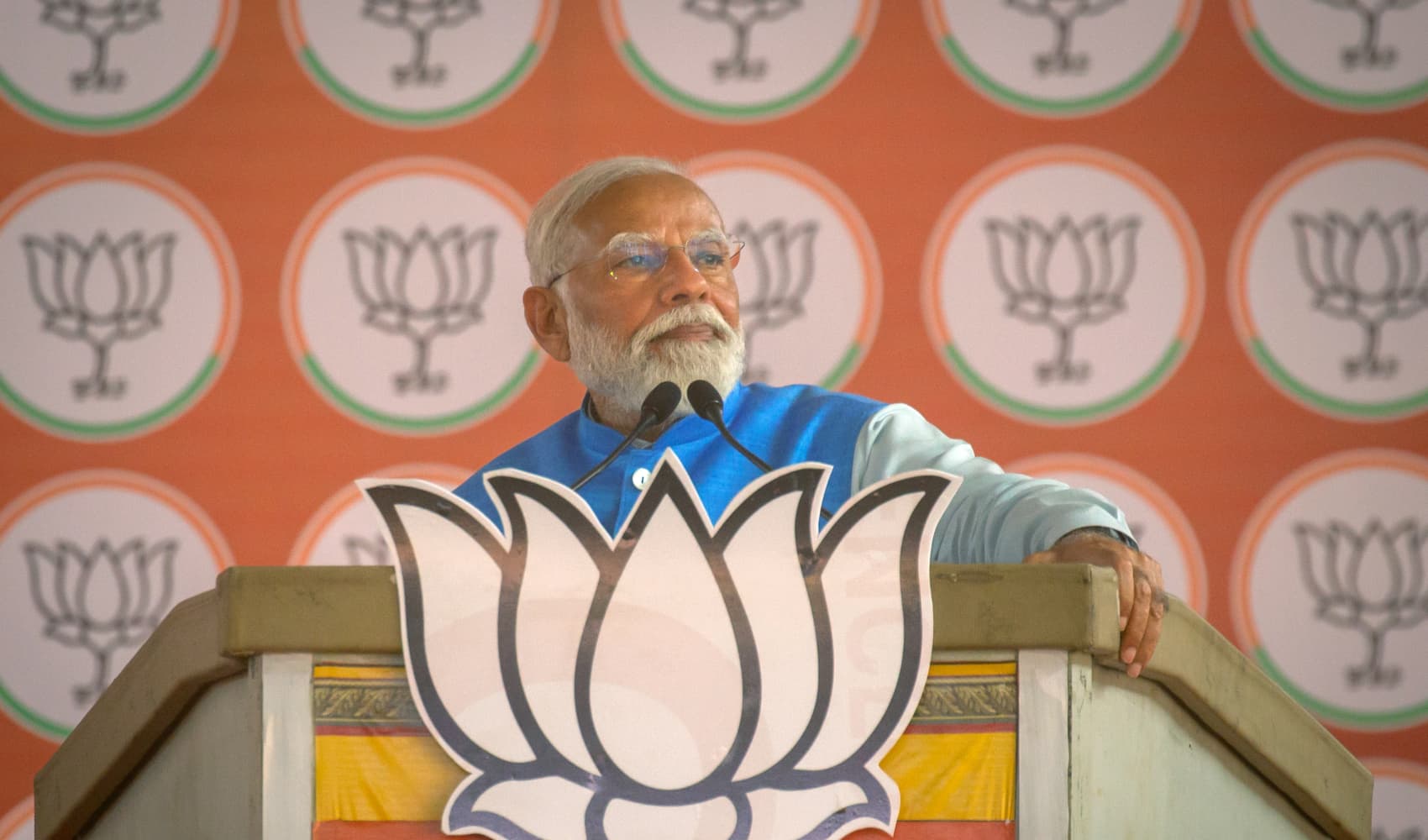
Founders: Jack Conte (CEO), Sam Yam
Launched: 2013
Headquarters: San Francisco
Funding: $412 million
Valuation: $4 billion
Key technologies: Internet of Things
Industry: Media
Previous appearances on Disruptor 50 List: 0
Creators have always deserved to get paid, and the internet provided illustrators, authors, podcasters, musicians and other independent thinkers with a way to reach more people than ever in the history of human culture. But creative freedom backed by technology is still evolving in terms of how it creates financial gain.
While social media influencers like Instagram and YouTube stars can receive big bucks, for the vast majority of creators, a new model was needed to crowd fund income directly from their audience (i.e. patrons). Platforms like Patreon are critical for individual idea makers to free themselves of reliance on the internet's trillion-dollar gatekeepers like YouTube parent Alphabet and Instagram parent Facebook, which keep most of the advertising-generated revenue for themselves.
Patreon was, in fact, founded by former YouTube creators.
Feeling out of the loop? We'll catch you up on the Chicago news you need to know. Sign up for the weekly Chicago Catch-Up newsletter here.
Under its business model, creators receive the majority of revenue from their content while Patreon takes a 5% cut of monthly income and a fee for transactions. It also has Pro and Premium tiers with more support for businesses on the platform, but higher fees (8% and 12%, respectively).
In April, Patreon raised $155 million in a deal that more than tripled its valuation to $4 billion, with investors Tiger Global Management, Woodline Partners, Wellington Management, Lone Pine Capital, New Enterprise Associates, Glade Brook Capital, and DFJ Growth.
Money Report
Patreon has reportedly considered a public listing since early this year and has been approached by special purpose acquisition companies (SPACs), according to The Information.
The company has faced similar controversies to the social media giants with which it competes in the past, with accusations of political bias and other forms of censorship on its platform leading to some PR headaches and a few high-profile defections. It also is continuing to tweak its business model to make sure it is sustainable, a risk the CEO has worried about over the years as it seeks new ways to get paid itself while enabling creators. A recent round of layoffs at the company resulted in a video apology from the CEO — on YouTube — and in it he said the layoffs stemmed from a change in its approach to product and the recent hiring of a key official from Facebook's Instagram, Julian Gutman, who also previously worked at Google and Ticketmaster.
Patreon is part of a wider trend influencing the evolution of fields including journalism. Substack, for example, has emerged as a way for journalists to break free from bigger media organizations and be rewarded for their work by an audience through direct subscriptions. The old guard in social media reliant on advertising revenue has taken notice: Consider, for example, Twitter's recent decision to begin experimenting with a "Tip Jar" for individual accounts.
—Contributed by Eric Rosenbaum
SIGN UP for our weekly, original newsletter that goes beyond the list, offering a closer look at CNBC Disruptor 50 companies, and the founders who continue to innovate across every sector of the economy.






